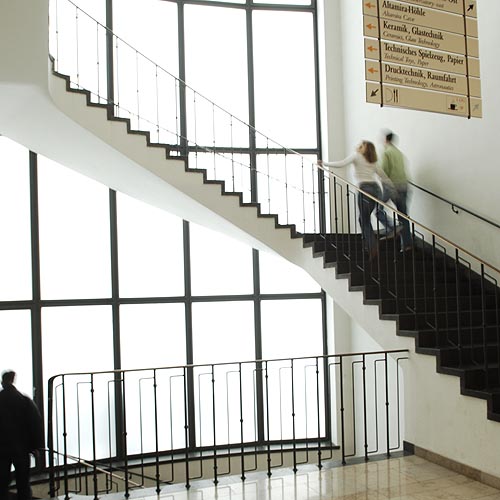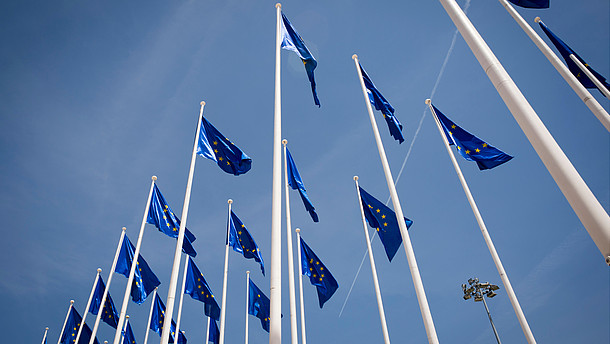The conference was the main event focusing on cultural heritage during the current Presidency of the EU. It took place in conjunction with the European Heritage Label Award Ceremony and the meeting of national coordinators. One of the main topics of the conference was the process of mainstreaming cultural heritage into other EU policy areas. NEMO also strongly believes that cultural heritage and museums need to be mainstreamed into all policy areas. The NEMO Annual Conference 15-18 November 2018 will deal with the topic more in-dept. <link internal-link internal link in current>More information about the conference can shortly be accessed here.
Tibor Navracsis, European Commissioner for Education, Culture, Youth and Sport, opened the conference by announcing Plodiv as a European Capital of Culture 2019. He also marked the contribution of cultural heritage to economy, and in particular to tourism with 8.9 million jobs linked to cultural heritage across Europe.
Both Luca Jahier, incoming President of the European Economic and Social Committee, and Mircea Diakonu, vice-chair of CULT Committee, pledged that culture will act as cornerstones in their future undertakings on EU level.
Giuliana de Francesco, Vice Chair of the Steering Committee for Culture, Heritage and Landscape, noted the paradox of reduced funds for culture and cultural heritage despite the proven contributions on economy and quality of life that cultural heritage brings.
Michel Magnier (EAC) wrapped up by summarizing the main ideas discussed over the two-day conference:
- we should go from sharing heritage to shared heritage
- shift from audience development to co-creation
- we should not forget the potential of the cooperative movement
- we need to invest more in research since we need data
- we need more bottom-up approaches; we should think more about cultural democracy, the involvement of Roma and migrants
- sign and ratify the Faro Convention





